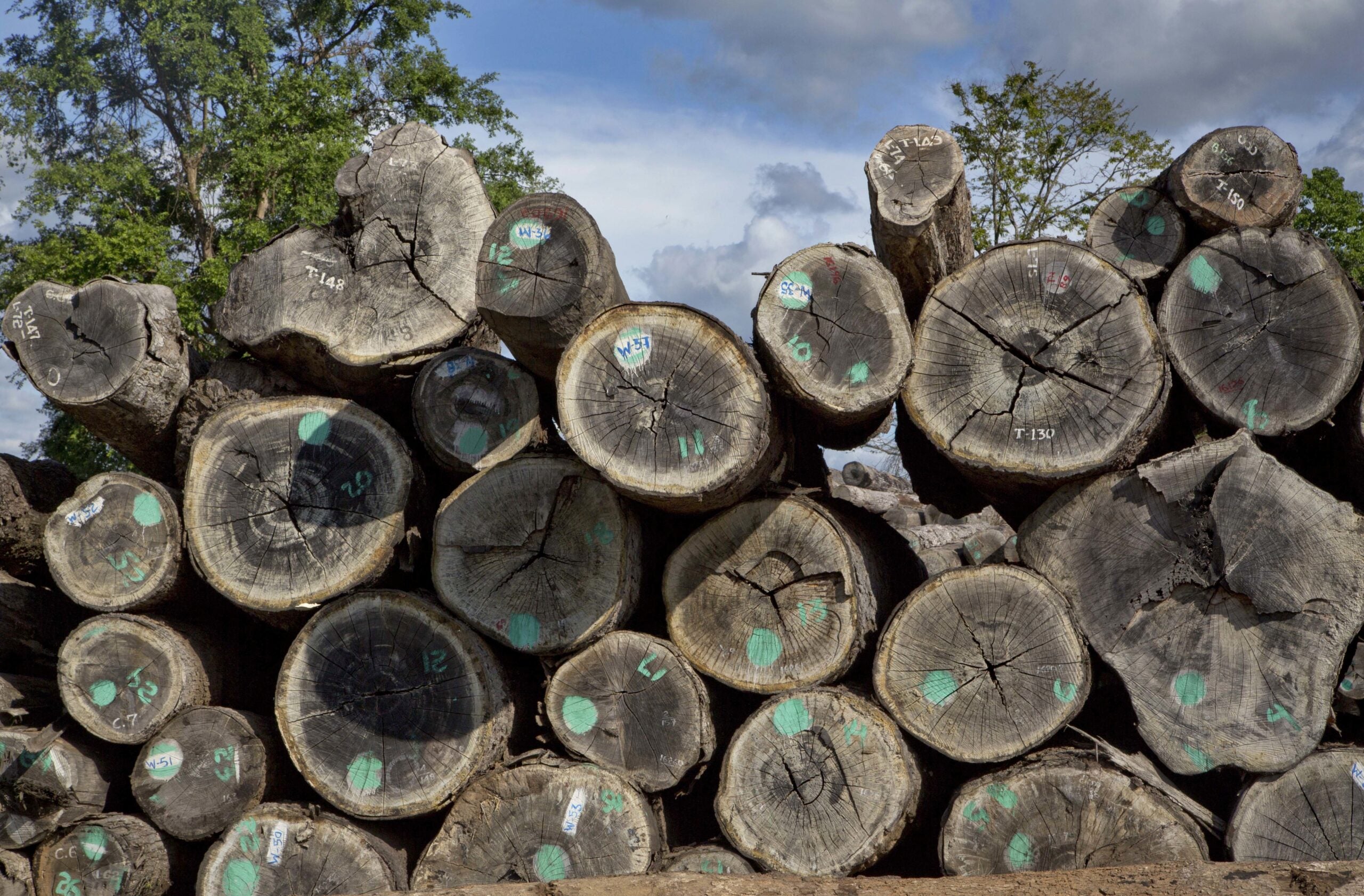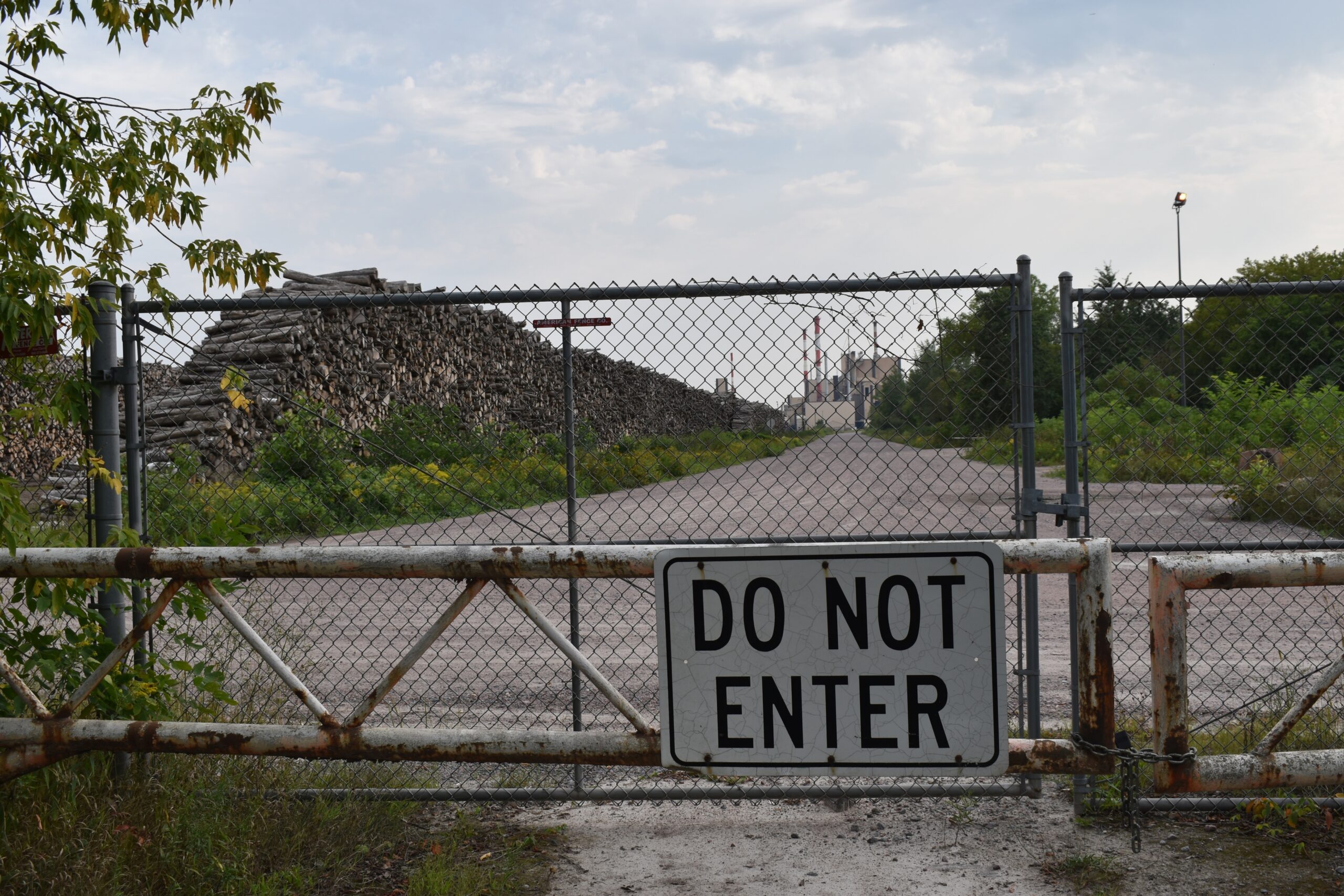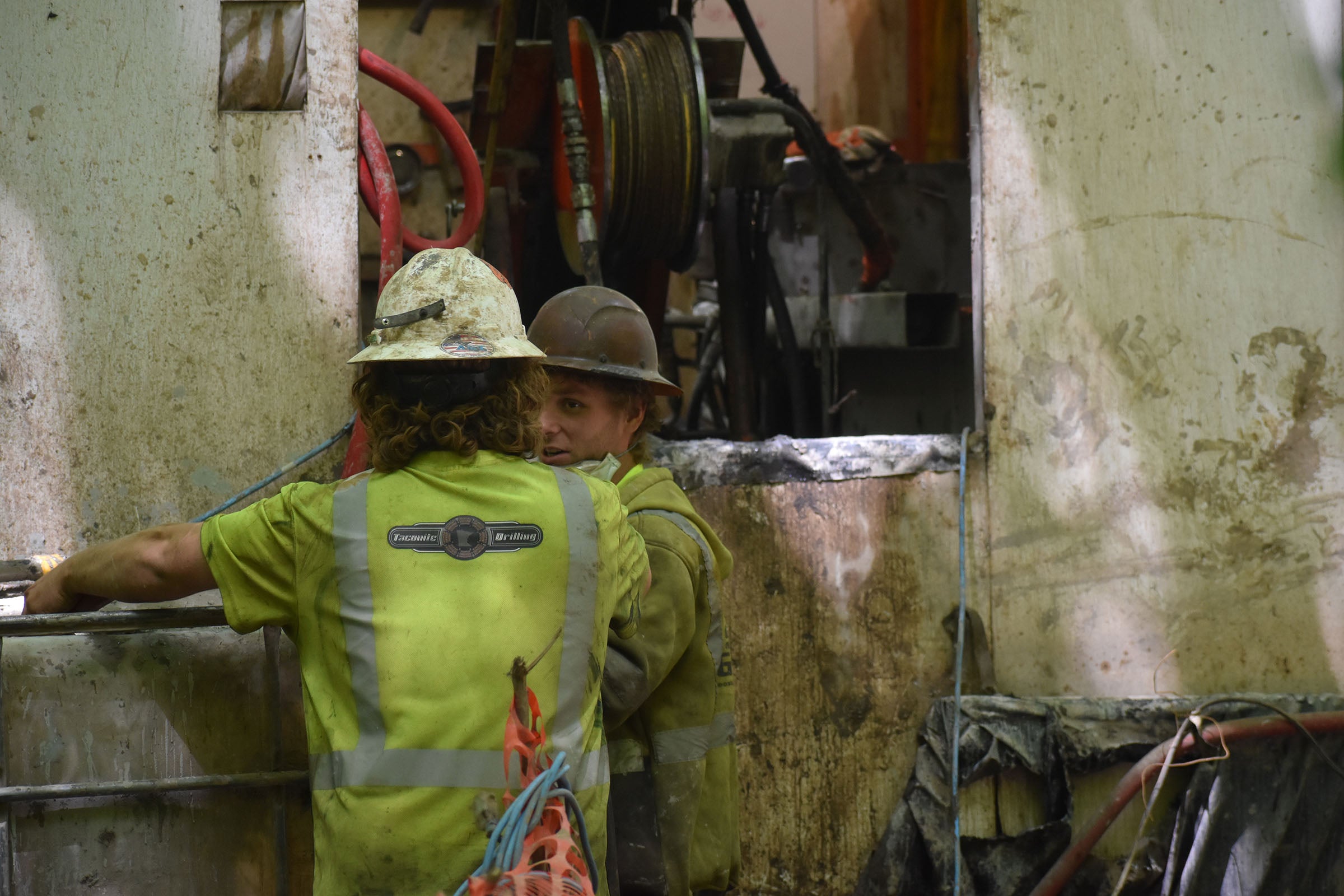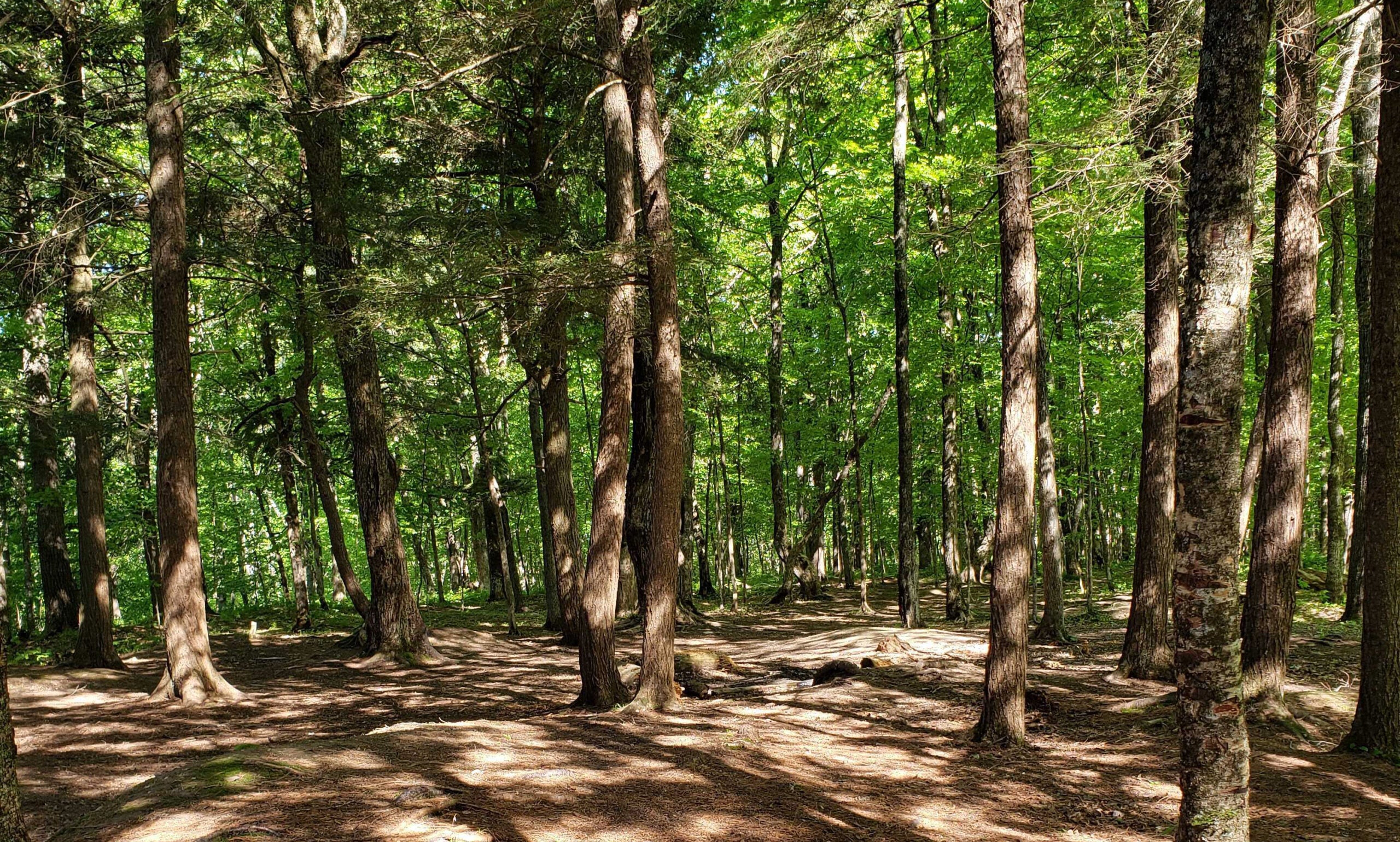More people are working in Wisconsin’s forestry industry, and Wisconsin timber is fetching millions more on the market than it did even a few years ago.
Those are among the findings of a new national study by the National Alliance of Forest Owners.
Its report on the economic impact of privately owned forests shows Wisconsin led the Midwest in the number of timberland acres (16.5 million), total employment in the forestry sector (174,848) and value of timber sales ($21.6 billion) in 2016, the most recent year for which complete data were available. The report is based on data from the U.S. Census Bureau, the Bureau of Economic Analysis and the Forest Service.
News with a little more humanity
WPR’s “Wisconsin Today” newsletter keeps you connected to the state you love without feeling overwhelmed. No paywall. No agenda. No corporate filter.
Each of those figures has increased since 2010, the last time the organization looked at national data. The new report, released this month, shows employment in the forestry sector increased by nearly 5 percent, and timber sales in dollars were up by nearly 10 percent.
Henry Schienebeck, director of the Great Lakes Timber Professionals Association and chairman of the Wisconsin Council on Forestry, said that while paper mill closures across Wisconsin in the last decade have hurt the timber industry in some instances, other factors have made up for it.
Though the state’s consumption of pulp wood has dropped, Schienebeck said, foresters have seen increases in saw timber — the high-quality wood that goes into making hardwood flooring, furniture and other products where quality matters. That’s been one way the state’s overall industry has seen growth.
“Some of our forests are getting a little older,” Schienebeck said. “What that means is we’ve actually got more saw timber that’s growing.”
The great majority of forest land in Wisconsin is privately owned. Of about 16.5 million timberland acres, according to the report, about 4.7 million acres are public lands, and the other 11.8 million belong to companies or individuals.
Dave Tenney, CEO of the National Alliance of Forest Owners, said a healthy economy around forestry has the effect of protecting forest lands because it makes it less likely that the lands will be sold or developed for farmland or other uses.
“Anybody who owns and manages forests in the United States knows one thing: It’s a long-term commitment,” Tenney said. “And in order to make a long-term commitment with forests, they have to make investments today that won’t return a yield for 20, 30 or 40 years or longer.”
Wisconsin Public Radio, © Copyright 2025, Board of Regents of the University of Wisconsin System and Wisconsin Educational Communications Board.






